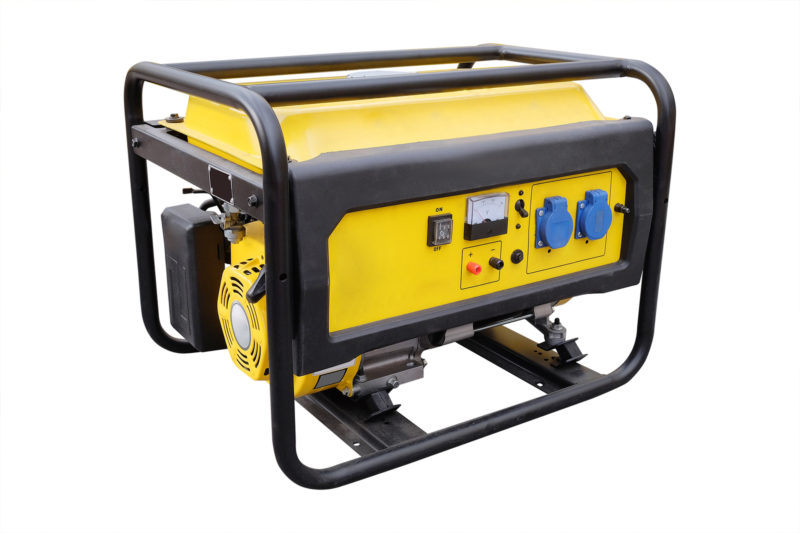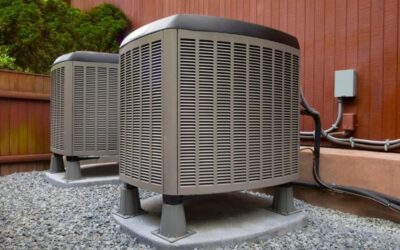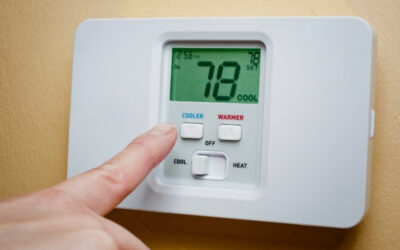Columbus, Georgia, has relatively mild seasons compared to other parts of the country, but that doesn’t mean it doesn’t get its fair share of extreme weather. When storms knock out the power for a few hours, it’s just an inconvenience, but when it lasts for days on end, a whole-home generator is a feature you’ll wish you had. However, there are many factors to consider when equipping your home with a generator. By getting your generator properly sized, much like your HVAC system, you can ensure that it keeps up with your home’s workload so you’re never left out in the dark.
Why It’s Important to Size Your Generator
Before you purchase an HVAC system, you want to know how big your unit should be so that it efficiently heats and cools your home. A generator requires the same diligence. When you purchase a generator that’s too small, it can’t keep up with the demands of your home, or if it does initially, it puts far too much stress on the unit and shortens its lifespan, requiring extra maintenance and repairs. If it’s too big, you’re paying more money than you need from the onset.
Types of Generators
If you want to spend as little money as possible, you could purchase a portable generator, but these are largely ineffective in the event of a catastrophe, unless you opt for a propane model. You can also consider a stationary, standby generator. After being installed by one of our professionals, it automatically turns on when your home’s power goes out.
When you choose a standby generator, you have two different options: a standby natural gas generator or a portable propane generator. As the name implies, a natural gas generator uses natural gas as a power source, turns on within seconds after a power outage, then turns itself off after the power comes back. A portable propane unit is an excellent option for smaller homes, as it’s large enough to power essentials such as your HVAC system and a few appliances such as your freezer and refrigerator.
Using Online Calculators to Find the Perfect Size
When you purchase a generator for your home, you need it to provide the energy to run everything that you use on a regular basis, whether it’s appliances or electronics. Thankfully, many manufacturers provide generator calculators to determine the size of the unit you require. To figure out just how much power you’ll need, don’t leave anything to chance. Energy considerations should include your furnace, heat pump, air conditioner, all appliances, the television, and even the square footage of your home.
Once all the factors are input, these calculators confirm the approximate size of the generator you’ll need to purchase.
Sizing the Old-fashioned Way
If you’re a bit apprehensive about using an online calculator to determine your generator size, you can do it the old-fashioned way by using some simple calculations. Write down each of the items you need to power in your home, then find the wattage. Once you have this information, you’ll need to convert it to kilowatt-hours, or kWh. To do this, take the total wattage and divide it by 1,000. For example, if you have a refrigerator that used 6,000 watts, you would need 6 kWh to run it for one hour (6,000/1,000=6). After you have each number, add them all together to determine the kWhs you need, which you can also find when you purchase a home generator.
Enjoying the Benefits
Once you’ve properly sized your generator, you can enjoy a plethora of benefits. This includes a reduced chance of system failure, increased life span of the generator, hassle-free maintenance, zero shutdowns due to capacity overload, and guaranteed performance. On top of this, you can enjoy assured personal safety, which allows you to rest easy, even when the weather outside is at its worst.
Now that you’ve determined which generator works for you home, let Indoor Solutions Inc. do the rest of the work. Our factory-trained technicians will complete the installation quickly and expertly, you can rest easy knowing that you’re in good hands. Give us a call today at 706-489-7470 to schedule an appointment.
Image provided by Bigstock




